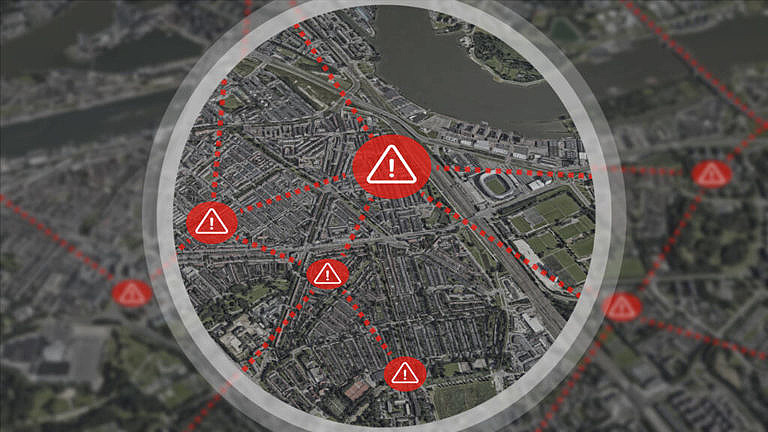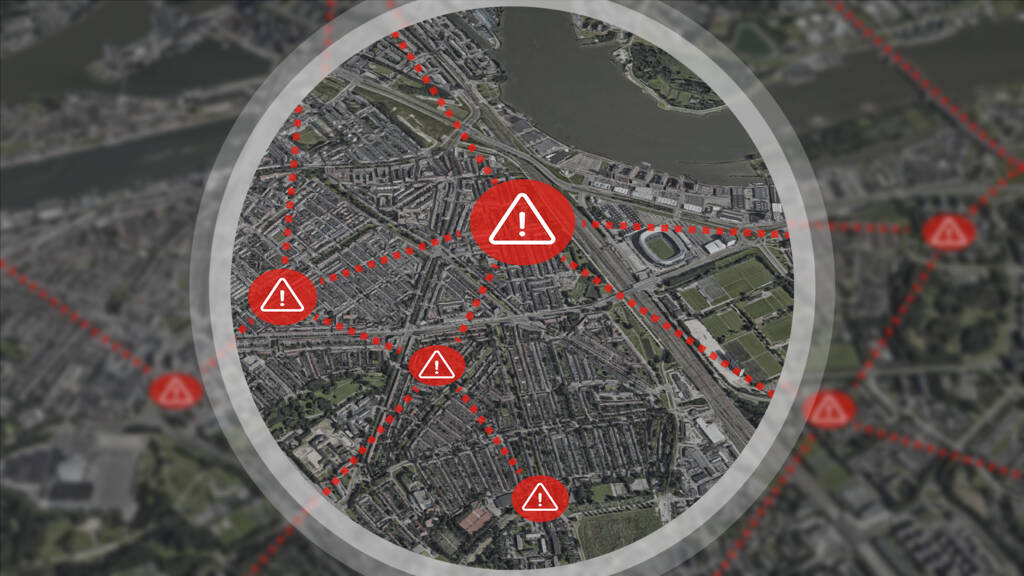Command Palette
Search for a command to run...
Stop Using It Now! Dutch Court Rules Welfare Monitoring System Violates Human Rights

Recently, the Hague Court of the Netherlands heard a case regarding the Dutch government's risk indicator system. In the latest ruling, the court ordered the immediate suspension of the welfare fraud detection tool SyRI because it violated personal privacy and human rights norms and violated the European Convention on Human Rights. This ruling is the first in this field. Will it sound the alarm for other detection systems?
Privacy On October 29, 2019, the Hague Court of the Netherlands received a lawsuit. This was filed by several organizations and individuals in the Netherlands againstDutch welfare fraud detection tool SyRI (Systeem Risico Indicatie) Litigation filed.
On February 5, 2020, the Hague Court in the Netherlands ordered an immediate halt to the use of the SyRI tool targeting poor communities in the Netherlands because it violated privacy and human rights principles and was not in compliance with the requirements of Article 8(2) of the European Convention on Human Rights.

What exactly is the SyRI that has been banned?
It is reported that the Dutch government's risk indicator system SyRI was developed by the Dutch Ministry of Social Affairs and Employment over the past decade.A risk calculation model that predicts the likelihood that an individual will commit fraud and abuse benefits, allowances, and taxes.
SyRI is primarily deployed in low-income communities.Using the vast amounts of sensitive personal data collected by government agencies,Such as employment, personal debt and benefit records, as well as education and housing history, which are then analyzed using a secret algorithm to determine which people may be at higher risk of welfare fraud.
In short,The system screens potential fraudsters based on civil affairs data.

At a hearing in October 2019,The government has refused to reveal how SyRI works for fear that explaining its risk calculation algorithm could allow the system to be used by fraudsters.
But they have disclosed that the system generates false positives (where the system incorrectly flags individuals as fraud risks), which the government says it uses to correct flaws in its model.
When the system detects that someone is at risk of fraud, it notifies the relevant government agency, which can then investigate the "suspect." It is worth noting that the list of personnel information monitored by the system is available to all government agencies.

Excessive monitoring of privacy has caused public dissatisfaction
Unexpectedly, this risk detection system, which took many years to develop, was brought to court.
On October 29, 2019, six Dutch organizations, including the largest trade union in the Netherlands, FNV and Privacy First, as well as writers Tommy Wieringa and Maxim Maximruru, filed a lawsuit against SyRI. They told the judge that "the system is too much and every citizen is unconditionally suspected."

A coalition of privacy and welfare rights groups said:SyRI disproportionately targets poorer citizens;And this happened in the absence of any suspicious behavior, which violates human rights norms.
The court stated in its ruling:The SyRI system violates Article 8(2) of the European Convention on Human Rights (ECHR).According to this provision, public institutions shall not interfere with the privacy of private and family life, residence, correspondence, etc.
The judge held that the SyRI system had no sufficient justification for intruding on people’s private lives and was therefore unlawful.
Ultimately, the court ruled that the SyRI Act’s protections against privacy violations were insufficient and that there was a “serious lack of transparency” in how it operated, and ordered a halt to the system’s use.
Of course, the Dutch government can also appeal the decision.
This case serves as a wake-up call for other detection systems
As governments around the world increasingly use artificial intelligence and risk models to manage benefits and other financial services, the case has important reference significance for the legal disputes caused by such technologies.
Philip Alston, the UN special rapporteur on extreme poverty and human rights, praised the ruling, saying: "This is a clear victory for all those concerned that the SyRI system poses a grave threat to human rights."

He also pointed out that this is a common practice in courts around the world.For the first time, welfare agencies were stopped from using digital technologies and large amounts of digital information on the grounds of human rights.This is a landmark decision that provides a reference for other courts and serves as a wake-up call to other politicians.
The British government is also accelerating the development of robots in the welfare system. In this regard, Stephen Timms, chairman of the House of Commons work and pensions select committee, said: "This ruling by the Dutch court shows that parliament should startPay close attention to how governments use technology to protect citizens’ rights in social safety nets.”
-- over--


